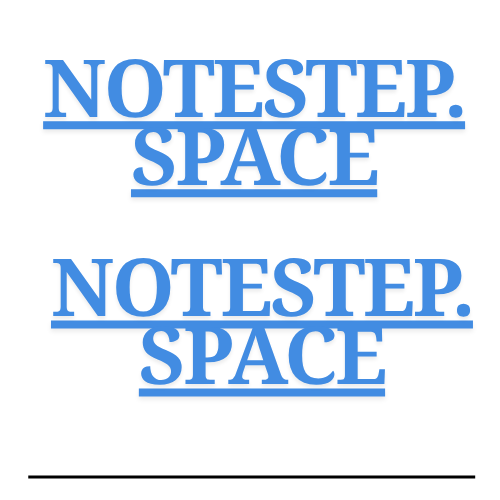Web development powers the digital world. Every website you browse, every web app you use, and every product page you land on is the result of countless hours of planning, design, and coding. But what exactly is web development — and how can you become a web developer?
Whether you’re a total beginner or just curious about switching careers, understanding how websites are made and how to start building them yourself can be a game-changer.
Understanding Web Development: The Basics
At its core, web development is the process of creating and maintaining websites. It involves writing code, building functionality, organizing content, and ensuring everything works correctly across devices and browsers.
There are three primary areas of web development:
| Type | Description | Main Technologies |
|---|---|---|
| Front-End | Everything users see and interact with | HTML, CSS, JavaScript, React, Vue |
| Back-End | Server-side logic, databases, user authentication | Node.js, PHP, Python, SQL, MongoDB |
| Full-Stack | Combines both front-end and back-end development | All of the above |
Web developers often specialize in one of these areas, though full-stack developers can handle all aspects of a website’s lifecycle.
Front-End Development: The User’s View
Front-end developers focus on the look, feel, and behavior of a website. They use:
- HTML (structure of the page)
- CSS (styling and layout)
- JavaScript (interactivity and dynamic content)
Frameworks like React, Vue.js, and SASS help streamline front-end development by offering modularity, reusable components, and modern design capabilities.
In 2025, front-end skills are highly in demand, especially for responsive, mobile-first, and accessible web design.
Back-End Development: The Engine Behind the Scenes
The back-end is where the logic happens. Back-end developers:
- Handle user registration and login
- Connect to databases
- Power APIs and content delivery
- Manage security and performance
Popular languages for back-end development include:
| Language | Use Case |
|---|---|
| Python | Web apps, data APIs (Django/Flask) |
| PHP | WordPress, content sites |
| Node.js | Real-time apps, full-stack JS |
| Java | Enterprise-level applications |
Databases like MySQL, PostgreSQL, or MongoDB are also key parts of the back-end.
Becoming a Web Developer: Where to Start
You don’t need a CS degree to become a web developer. What you need is practice, persistence, and portfolio projects.
Here’s a beginner-friendly learning path:
- Learn HTML & CSS
- Add interactivity with JavaScript
- Build basic static pages
- Learn version control (Git + GitHub)
- Start a portfolio website
- Add projects: blog, portfolio, landing page
- Learn a framework (like React)
- Add back-end skills (Node.js, Express, MongoDB)
At this stage, you can already apply for junior web developer roles or freelance gigs.
Tools Web Developers Use
Modern web development involves using tools and platforms to write, test, and deploy code:
- VS Code – Code editor
- Git/GitHub – Version control
- Figma – Interface design handoff
- Netlify / Vercel – Hosting static sites
- Chrome DevTools – Debugging and optimization
As you grow, you’ll also explore package managers (npm), task runners, and build tools.
What Makes a Good Web Developer?
Aside from technical skills, top developers have:
- Problem-solving mindset
- Attention to detail
- Strong communication (especially with designers or clients)
- Willingness to keep learning — tech evolves fast!
Career Opportunities in Web Development
The demand for web developers is expected to grow steadily in 2025 and beyond. Whether you freelance, join an agency, or work in-house for a startup or enterprise, web dev is flexible, creative, and future-proof.
Common job titles:
- Front-End Developer
- JavaScript Developer
- Web Designer
- Full-Stack Developer
- WordPress Developer
- UI/UX Engineer
According to industry data, entry-level web developers can earn £25,000–£40,000 in the UK, with salaries increasing rapidly based on experience and specialization.
Final Thoughts
Web development is one of the most accessible and rewarding ways to enter the tech industry. With free resources, online communities, and platforms like notestep.space, anyone can start their journey from scratch and grow into a skilled, in-demand web developer.
Whether you’re building a personal portfolio or creating the next big thing — every click starts with code.

